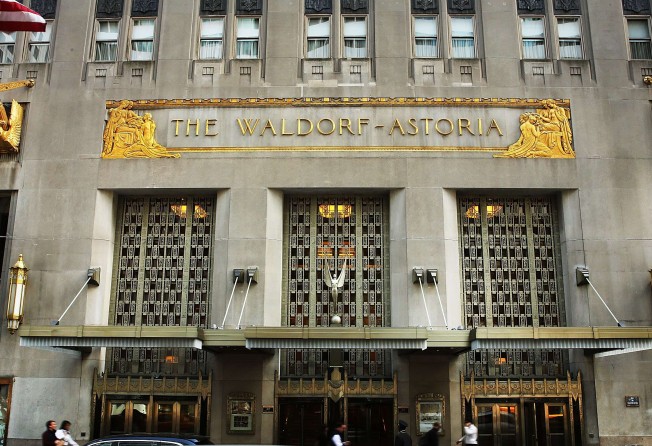China’s property buying spree in overseas markets hit by capital controls
Chinese offshore property investments fall to US$3.4 billion during first three months of this year

Tighter controls on capital outflows has cooled the surge in outbound property deals by cash-rich Chinese companies , analysts said.
“We originally expected this year’s outbound real estate investment to show explosive growth, but that did not happen,” Paul Guan, a partner in the real estate practise of global law firm Paul Hastings, said.
Chinese offshore property investments fell 30 per cent on year to US$3.4 billion in the first quarter, compared with a 35 per cent growth during the whole of 2015, according to data from global property firm JLL.
More Chinese companies are actively seeking to diversify their assets by making investments overseas, especially in the property sector, after the yuan started depreciating in August.
But they face increased hurdles to take money overseas as deals are subject to closer scrutiny by China’s foreign exchange regulator which wants to avoid short-term exchange rate fluctuations.
“This did impact investment confidence,” Guan said, adding that regulators are paying more attention to details, such as whether the target property is overpriced and are also monitoring investors’ track record in overseas acquisitions.
China’s Anbang Insurance Group dropped a plan to take over hotel giant Starwood in late March, for unknown reasons. Foreign media, however, said that the Chinese government has been pressuring insurers to temper their purchases this year in a bid to slow the rapid flow of money to foreign markets. Anbang was one of the most aggressive buyers of overseas firms.
Some property developers have also complained that it has become difficult for firms to move money for overseas deals since late 2015. Every capital outflow of over US$50 million is now subject to approval.
Albert Lau, chief executive at property consultancy Savills China, said some of the capital outflow problems are due to the existing bank transfer system.
“Increased outward remittances could also slow down the process,” he said. Outbound deals in excess of US$10 billion usually needs to be approved by the National Development and Reform Commission (NDRC) and the State Administration of Foreign Exchange (SAFE) before the bank transfer can go through.
That said, Chinese companies’ willingness to invest in overseas markets still remains strong this year, despite the slowing economy and an oversupplied property market, said Xiong Jin, an international partner at law firm King & Wood Mallesons, which specialises in cross-border mergers and acquisitions.
“But some deals do fail because of capital outflow controls” he said. Overall, the government is still encouraging overseas investment, but does not want to end up with just capital flight, said Xiong.
“The risk is predictable,. Firms must hold thorough discussions with regulators to make sure the process is smooth before entering into any agreements,” he said.